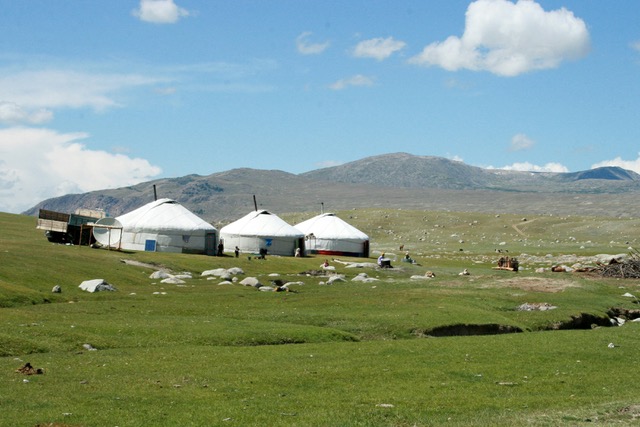Building Competitiveness in Africa’s Agriculture: A Guide to Value Chain Concepts and Applications

Building Competitiveness in Africa’s Agriculture: A Guide to Value Chain Concepts and Applications
Sponsored by the World Bank, JAA prepared a toolkit of implementation approaches based on value chain principles to enhance the competitiveness of agriculture and agribusiness in Sub-Saharan Africa. The guide has since been widely used within the industry, has been translated to French, and has been incorporated into numerous training and university curricula. The Guide provides a number of implementation tools and methodologies based on value chain concepts that can be used in the context of agricultural and agribusiness development programs. The over-arching purpose of this document is to provide practical approaches that focus on improving the competitiveness of agricultural supply and value chains. Value chain analysis is an indispensable part of many approaches; however, the instruments discussed in this document were selected for their usefulness in guiding and supporting market-focused private sector initiatives and action. The toolkit includes 14 case studies (with examples from Botswana, Ghana, Kenya, Mali, Mongolia, Mozambique, Nigeria, Rwanda, Tanzania, Uganda, Zambia, Côte d’Ivoire) describing how the tools have been effectively implemented. The bulk of the Guide describes the individual tools and approaches. The document also discusses several key themes to which the instruments apply. The important “take-away” from this document is the insight that the use of value chain-based approaches must add value, create opportunity, and reach markets. This Guide provides planners and decision-makers with tools for implementing effective value and supply chain development programs. It provides a common framework to public and private stakeholders for prioritizing decisions that will have a competitive impact on sectors and sub-sectors. It also provides practical methods for planning, programming and animating, and provides policy-makers, business leaders, members of the development community, and researchers and practitioners with methods and approaches that can be used to promote the development of traditional and non-traditional value chains in Sub-Saharan Africa. The Guide can be found on our Resources page and through the World Bank's website: https://openknowledge.worldbank.org/handle/10986/2401?locale-attribute=env
Duration: 2006-2006



